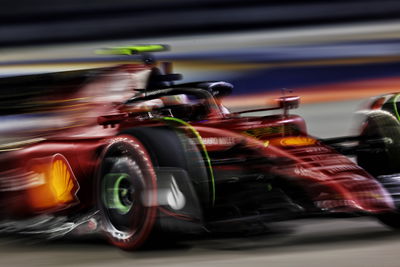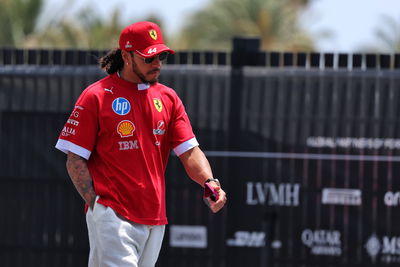F1 cost cap breach would be a ‘heavyweight’ matter
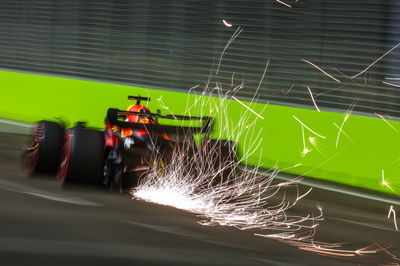
On the eve of the Singapore Grand Prix, the F1 paddock has been rocked by scandal amid reports Red Bull and Aston Martin may have exceeded the $145m spending limit introduced last year to level the playing field and make the sport more sustainable.
F1’s governing body the FIA is expected to issue certificates of compliance with the 2021 financial regulations on October 5, which will reveal whether teams have conformed with the rules or not.
“That's heavyweight, that's massively heavyweight,” Wolff told Sky Sports when asked if this was serious or typical ‘playground politics’ in the F1 paddock.
“We are using used parts, we are not running what we would want to run, we are not developing what we could be developing. We’ve made more than 40 people redundant that are dearly missed in our organisation.
“It was a huge mammoth project to make the cap. I don’t know how many tens of millions we had to restructure and reprocess to be below the cap, and if someone has not been doing that, or pushing the boundaries, every million is a massive disadvantage.”
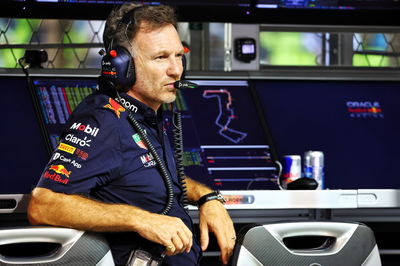
Red Bull boss Christian Horner insisted his team’s F1 cost cap submission fell below the limit and dismissed the mounting talk in the paddock as “rumours”.
But Wolff said Red Bull have been the subject of an investigation for months and claimed that one team is “massively over” the 5% threshold - equivalent to around $7m over the cap - for a ‘major breach’.
"It’s funny that Christian says that, because it’s weeks and months that they are being investigated,” Wolff said. “Maybe he doesn’t speak to his CFO.
“All of us have been investigated diligently and as far as we understand, there’s a team in [a] minor breach which is more procedural and another team that is fundamentally massively over.
"That is being looked after, that’s an open secret in the paddock.”
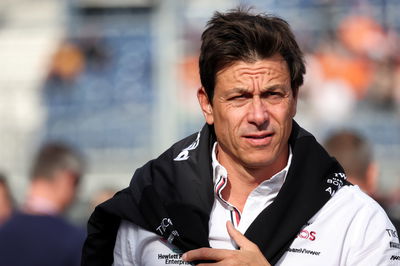
Wolff has urged the FIA to take a “robust stance” in enforcing cost cap regulations because of the domino effect it has going both into this season and 2023.
“I think there’s a governance in place that is very solid that the FIA has set up,” he explained.
“You’re going to be issued a certificate of compliance and then if you’re not compliant, then it goes to the Cost Cap Adjudication Panel with independent judges, and they can then choose from these penalties the appropriate one.
“But the crucial part is that if you’re over in 2021, you’re over in 2022. That means that you have an advantage in 2023.
“If it’s true they’ve homologated a lightweight chassis this year, they may use it next year. It’s a real cascade of events that can be influential in all three championships.”
